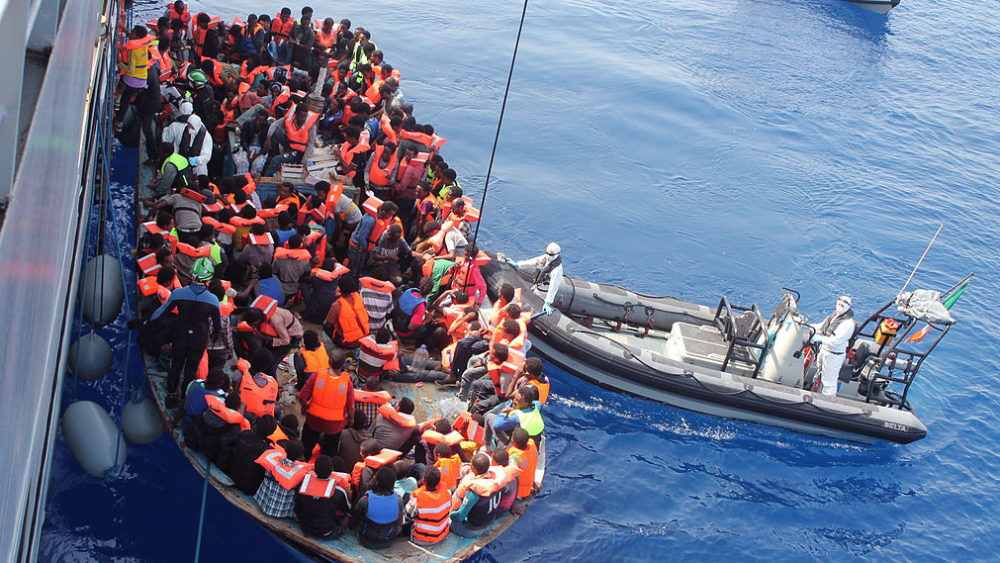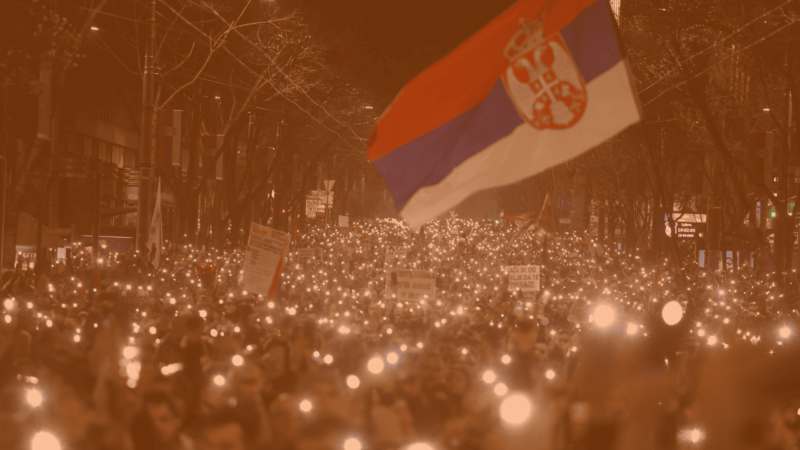The inclusion of migrants in national policies is essential
In 2019, there were an estimated 272 million migrants all over the world (48% of which were women) and they comprised 3.5% of the global population. Migrants are humans who move away from their place of residence, a few by choice, but more often involuntarily. Involuntary migration includes people who are displaced due to war, conflict, natural disasters, famine, other life-threatening events and/or economic reasons.
The COVID-19 pandemic further highlights the importance of mobility in our lives with vulnerable segments (women, LGBTQIA+, youth, people in conflict, and persons with disabilities) being disproportionately affected. Inspirations for safety and dignity are put to a halt, whilst economic implications viewed through a migration lens brings society at an impasse because of all the mobility restrictions that affect migration as a whole.
This health crisis calls to attention the vulnerabilities of migrants, and sheds light on their often vital front line roles in our societies. Migrants fulfill jobs essential to a variety of sectors in Europe — such as domestic work, agriculture, construction, food, education, delivery, and health care. During this crisis, migrants face additional risks to their health, employment, and security. These do not only affect them but also their families who rely on their remittances. This could lead to an increase in poverty in the Global South, and increased difficulty in access to health services. Indeed, there is an expected drop of 20% in remittances through 2020.
Racism, xenophobia, and discrimination have also been more rampant because of the current socio-economic situation. For all those reasons, the second of April DiEM25 has demanded citizenship and healthcare for refugees, migrants, and homeless in the EU. Again, DiEM25 repeats its condemnation of far-right demonstrations of hate.
Women migrant workers during this pandemic bear the compounded impacts of the health crisis
These include violence and harassment, employment vulnerabilities, income loss, social protection issues, inability to access services, and difficulty in accessing legal representation services. Women migrant workers who are still employed face a greater risk of workplace violence and exploitation. Returnee women migrant workers are also vulnerable to harassment and abuse back home as seen in an increase in intimate partner violence, and even abuse in quarantine facilities therefore isolating women further.
Similarly, domestic workers are marginalised according to class, race, and gender and suffer accordingly. They are also excluded from legal protection in more than half of the world while working long hours with inadequate wages, and exposing themselves to gender-based violence. Migrant domestic workers experience another layer of vulnerability because of their dependence on recruiters, limited freedom to change employers, and lack of access to legal remedies especially when they are in an irregular migration situation.
COVID-19 measures from governments have excluded migrants and consequently their families back home are negatively impacted
Often, legal frameworks and policies with regards to access to healthcare are national in nature, excluding migrants from such plans. Border restrictions without adequate assistance to migrants increase their vulnerabilities, while precarious work and living conditions, especially for low-waged workers, also increase their health risks as well as that of the host country.
In this spirit, DiEM25’s Plan to confront the COVID-19 crisis in Europe reiterated that “undocumented people should also be regularized and given access to social welfare or a decent job with a proper legal contract”.
As of 2017, at least 164 million people are recorded to be migrant workers. In Northern, Southern, and Western Europe collectively, 17.8% of its work force are migrants who are likely to be the first affected by layoffs, and movement restrictions. Migrants make up a high proportion of workers from sectors most affected by the pandemic trapping them without income, and mobility. Of those who were, through bilateral negotiations, able to go home, their country of origin faced increased health vulnerabilities and socio-economic pressure to respond to the influx of people. Countries that also once depended on their work now feel their absence in essential sectors.
At the end of March, Portugal has granted by decree the regularisation of refugees and migrants, allowing them to receive social services and healthcare. DiEM25 has called governments of all countries to follow Portugal’s lead.
The inclusion of migrants in national policies is an essential element of any social justice initiative
Systematically including migrant populations, especially its more vulnerable members such as women, LGBTQIA+, youth, disabled people, and people of color, through dialogue and involvement can contribute to a truly effective universal health coverage. Attention to migrants who continuously provide for essential services is needed from governments to provide appropriate support and ensure safeguards and their fundamental rights as workers.
The DiEM25 Task Force on Feminism, Diversity and Disabilities will start a campaign next year to fight domestic violence. At the intersection of immigration, precariousness and vulnerabilities women are always the ones who suffer the most, especially in migrant camps and detention centres, where women migrants suffer and are vulnerable to high rates of domestic abuse. We call on your participation to strengthen this campaign!
Email the task force at FDD@diem25.org to get involved.
Photo Source: Wikimedia Commons.
Do you want to be informed of DiEM25's actions? Sign up here















